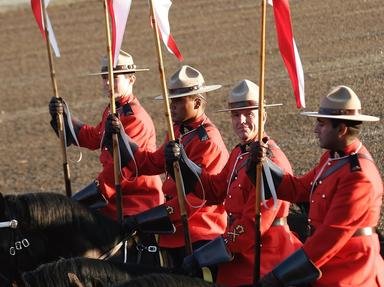Quiz Answer Key and Fun Facts
1. Who were the first Europeans that left indisputable proof that they actually landed on the shores of Canada by building settlements?
2. This gentleman sailed from England in 1496 but failed in his initial attempt to find the new land. Finally, in 1497 he was the first modern explorer recorded to have landed on Canadian soil. Who was he?
3. This individual, born in Brittany in 1491, was responsible for the name Canada. Who was he?
4. This individual, born in France in the late 1560s is responsible for building a fort and settlement on the shores of the St Lawrence, around 1608, in the location that later became Quebec City. Who was he?
5. Thus gentleman, born around 1570, set sail from England three times looking for the fabled Northwest Passage. His third attempt ended in mutiny. Who was he?
6. Born in England in 1537, this gentleman was the first to claim land and establish a permanent settlement on Canadian soil in the name of England. Who was he?
7. This gentleman was born in England in 1786 and proved that there was a Northwest passage through the Arctic. However, due to the hardships on his last ill-fated expedition, his crew reportedly resorted to cannibalism. Who was he?
8. There are two gentlemen with the same name that played a significant role in Canadian history, however, this one was born in Scotland in 1764. His claim to fame was being the first European to cross North America by land. Who was he?
9. This gentleman was famous for his explorations of the Pacific Ocean, however, he also made a significant contribution to the history of eastern Canada. Born in Yorkshire in 1728, he was killed on one of his expeditions to the Pacific. Who was he?
10. This explorer of the west coast has both a city and an island named after him. He was born in England in 1757 and actually sailed under the command of James Cook, during Cook's Pacific expeditions, before assuming his own command. Who was he?
Source: Author
kaldav
This quiz was reviewed by FunTrivia editor
bloomsby before going online.
Any errors found in FunTrivia content are routinely corrected through our feedback system.

